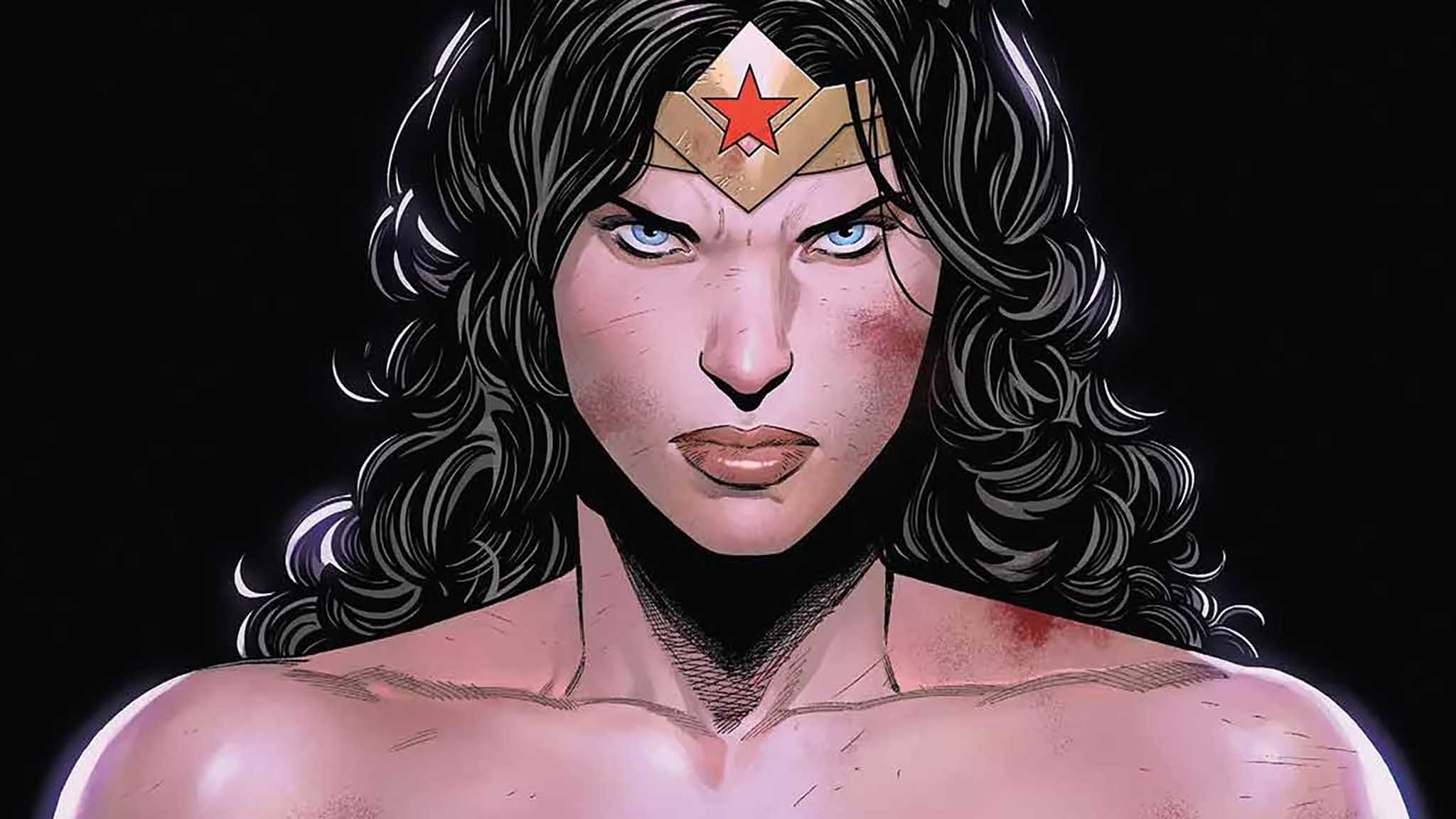
Tom King, a well-known and prolific writer within the DC universe, is often referred to as a legend. He’s responsible for some of DC’s most celebrated and influential runs, such as Mister Miracle, Strange Adventures, Supergirl: Woman of Tomorrow, Batman, and many more. However, King’s work tends to be divisive; readers either adore it or criticize it intensely. Discussions about certain runs continue long after they’ve concluded in fan forums.
One of his current projects, Wonder Woman, has caused division among fans. Although the series remains popular as it guides us through a tale of grief, joy, motherhood, and one of Wonder Woman’s most formidable adversaries yet, I don’t believe it ranks among King’s best works. In fact, I suspect it might be one of the weakest stories in DC’s current roster.
In 2023, DC Comics revealed that a new creative team would take over the Wonder Woman series from Becky Cloonan and Michael W. Conrad at the end of their run. The new team, consisting of King and artist Daniel Sampere, began their tenure in September of that year with an intriguing setup: an unidentified Amazon on trial for mass murder, leading to a ban on all Amazons in America, and the creation of a special task force to enforce this ban. However, the first issue hinted at a more complex and ominous plot: a hidden ruler of America, known as The Sovereign, was orchestrating the anti-Amazonian sentiment out of malice towards Wonder Woman. Unfortunately, despite an enticing beginning, this storyline has not lived up to its potential, making it one of DC Comics’ less successful Wonder Woman series.
The Sovereign Is a Lackluster Villain
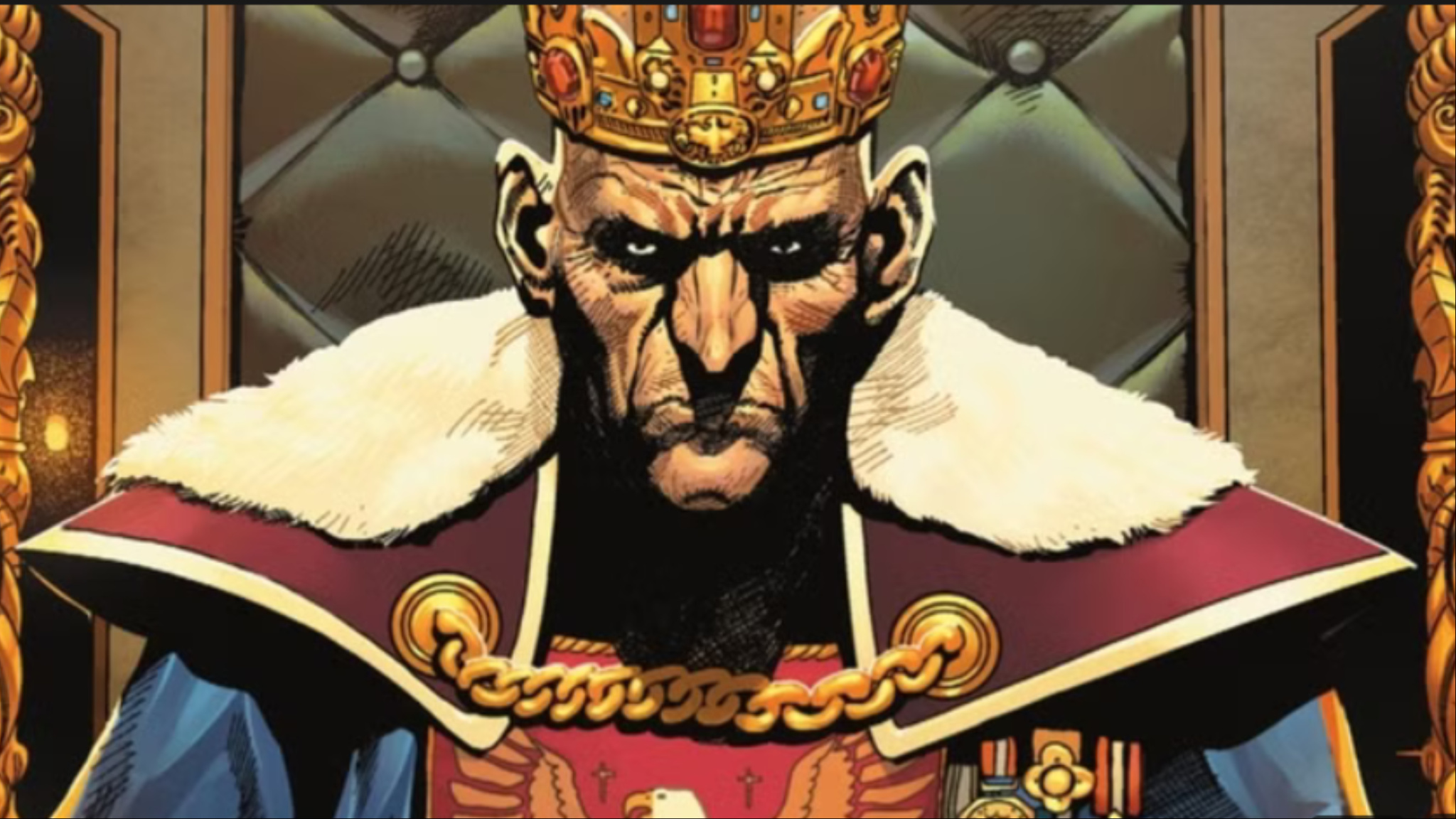
From the get-go, King’s “Wonder Woman” struggles with its main antagonist, The Sovereign. Although The Sovereign is presented as a hidden ruler of America, this concept lacks depth – it raises many questions about how such a figure could have existed undetected for generations within the United States. Furthermore, when we do receive some explanation regarding The Sovereign’s identity and motivations, he fails to deliver. He is essentially an elderly man living in a grand house, symbolizing the most far-fetched conspiracy theories imaginable. In essence, his character lacks any substantial powers, intelligence, or complexity. At times, he is portrayed as a sinister villain with a mustache, and at others, as a spoiled, immature adult. The notion that this character could pose a significant threat to Wonder Woman for more than just a single issue seems absurd, but the storyline so far has revolved around him nonetheless.
Wonder Woman Is Relegated to Being a Supporting Character in Her Own Story
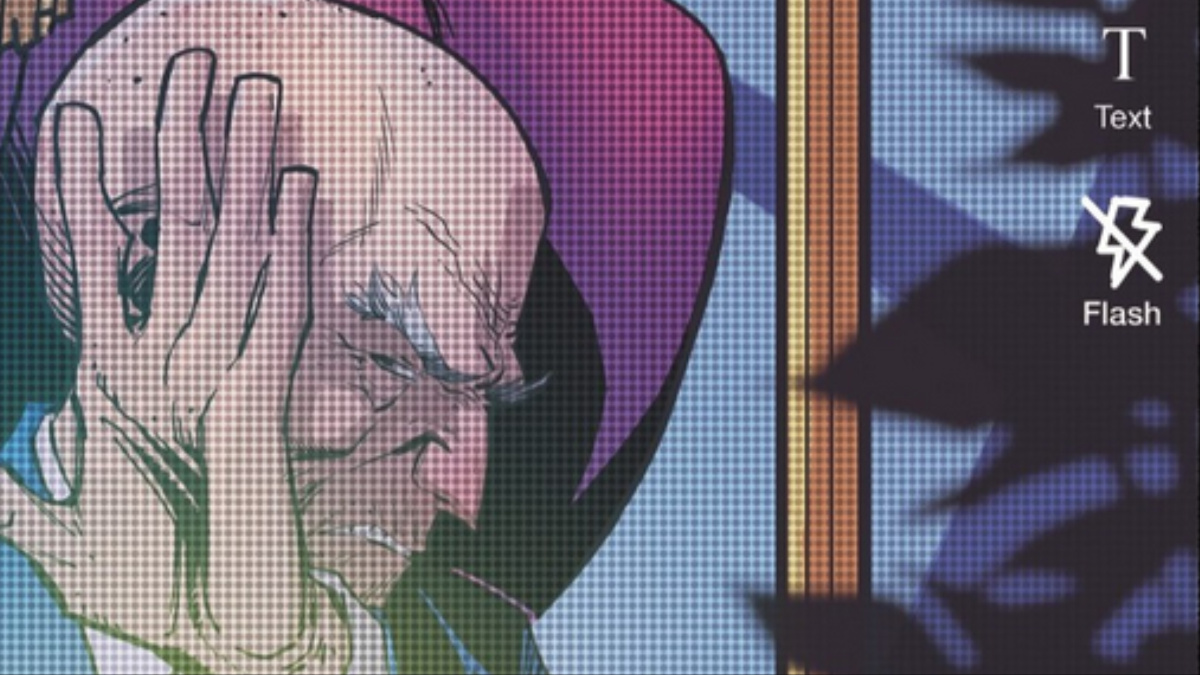
In my opinion, when you crack open a comic book titled after a beloved character, you’d anticipate an engrossing narrative revolving around them. However, in King’s Wonder Woman run, the focus surprisingly shifts away from Diana to the Sovereign. Though we catch glimpses of Wonder Woman and witness her actions, the story unfolds as if the Sovereign is recounting his tale to Trinity. Rather than delving into Diana’s personal journey, we are presented with a biased retelling of events, as though this account is filtered through the perspective of one of her adversaries. Consequently, what we receive is a somewhat distorted portrayal of the actual events.
It’s clear that this approach could offer some benefits: by viewing the story from the antagonist’s and a male character’s perspective, readers might find themselves questioning Wonder Woman’s actions in a fresh way. This method also allows the artwork to contribute to the narrative, adding layers of depth to the contrasting accounts of events. However, it’s worth noting that presenting a Wonder Woman story primarily through a man isn’t entirely novel; James Robinson attempted something similar with less-than-stellar results in the past. Moreover, given the predominantly male-centric nature of comics, having one of the few female leads play second fiddle to a relatively weak male villain might feel awkward and incongruous to some readers.
It’s a Poorly Executed Concept
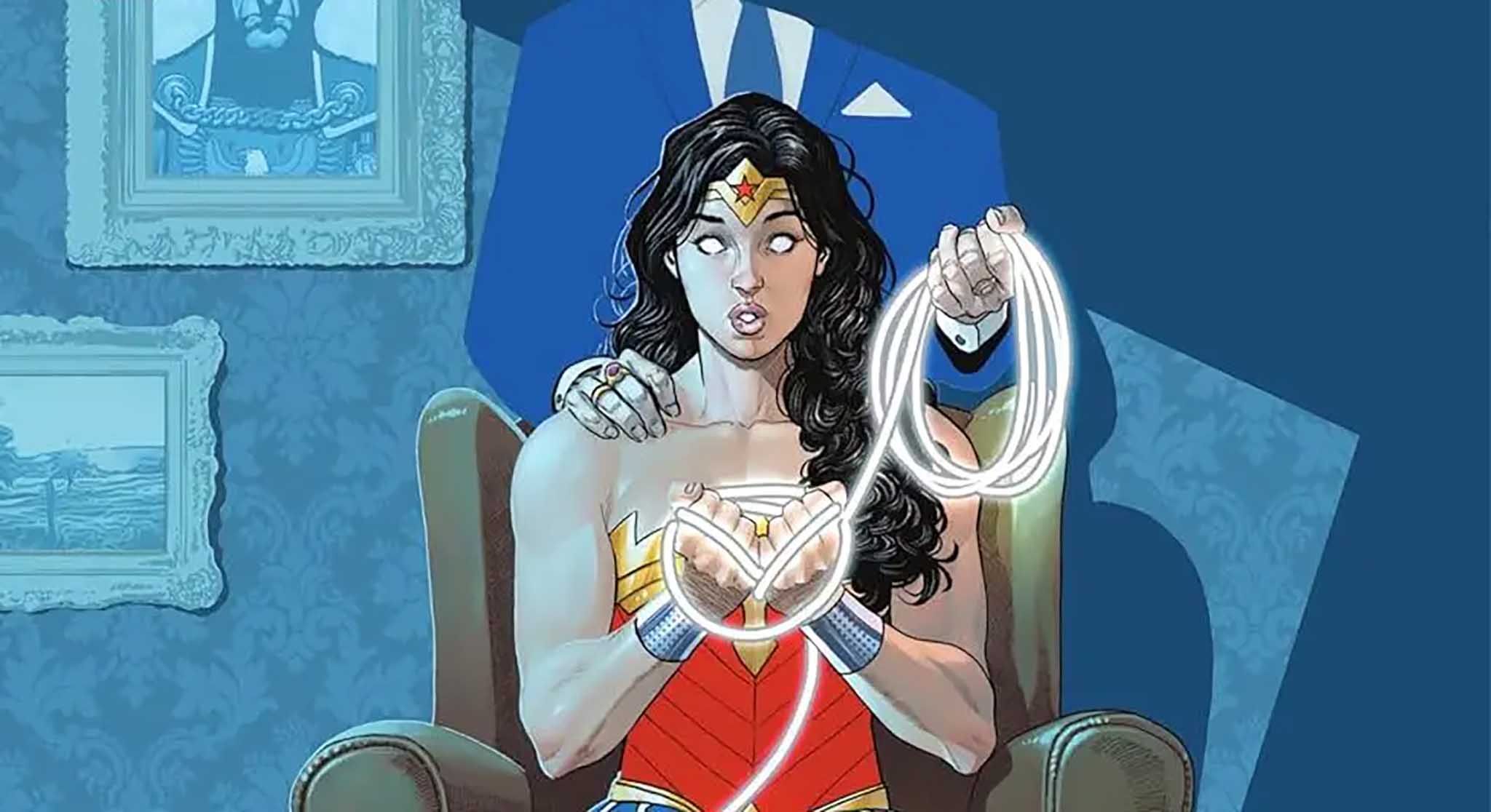
In essence, the current run of Wonder Woman by King offers intriguing concepts, but it has its drawbacks. Although the antagonist isn’t portrayed as a formidable adversary and the narrative often seems more focused on the villain’s complaints than on Wonder Woman herself, the idea of a foe with a deep-rooted grudge against Wonder Woman manipulating U.S. politics is engaging. Unfortunately, King fails to fully capitalize on these ideas. The story is filled with excessive narration that often strays from the action, inconsistent character development across multiple characters, and extended periods where the reader must rely solely on the artwork to advance the plot. While the art plays a crucial role in comics, it seems to be carrying the narrative in this instance rather than enhancing it. There are instances where the storyline feels disjointed, such as Diana’s torture scene, which appears more like a side mission than a significant part of the main story and doesn’t seem to contribute much beyond showcasing her resilience. The overall effect is a narrative that seems directionless; King appears to know the destination but lacks clarity on how to reach it, resulting in a meandering journey through various issues.
The main issue is that this work often makes King appear like he’s repeating the same metaphorical costume, where he starts off with a bold concept, gets lost in the middle, fills the narrative with characters who either say nothing or are depicted as sad and staring out of windows, and then tries to give it a profound meaning at the end, even though it may not have had one initially.
King’s Attempts at a Political Statement Have Been Done Before and Done Better
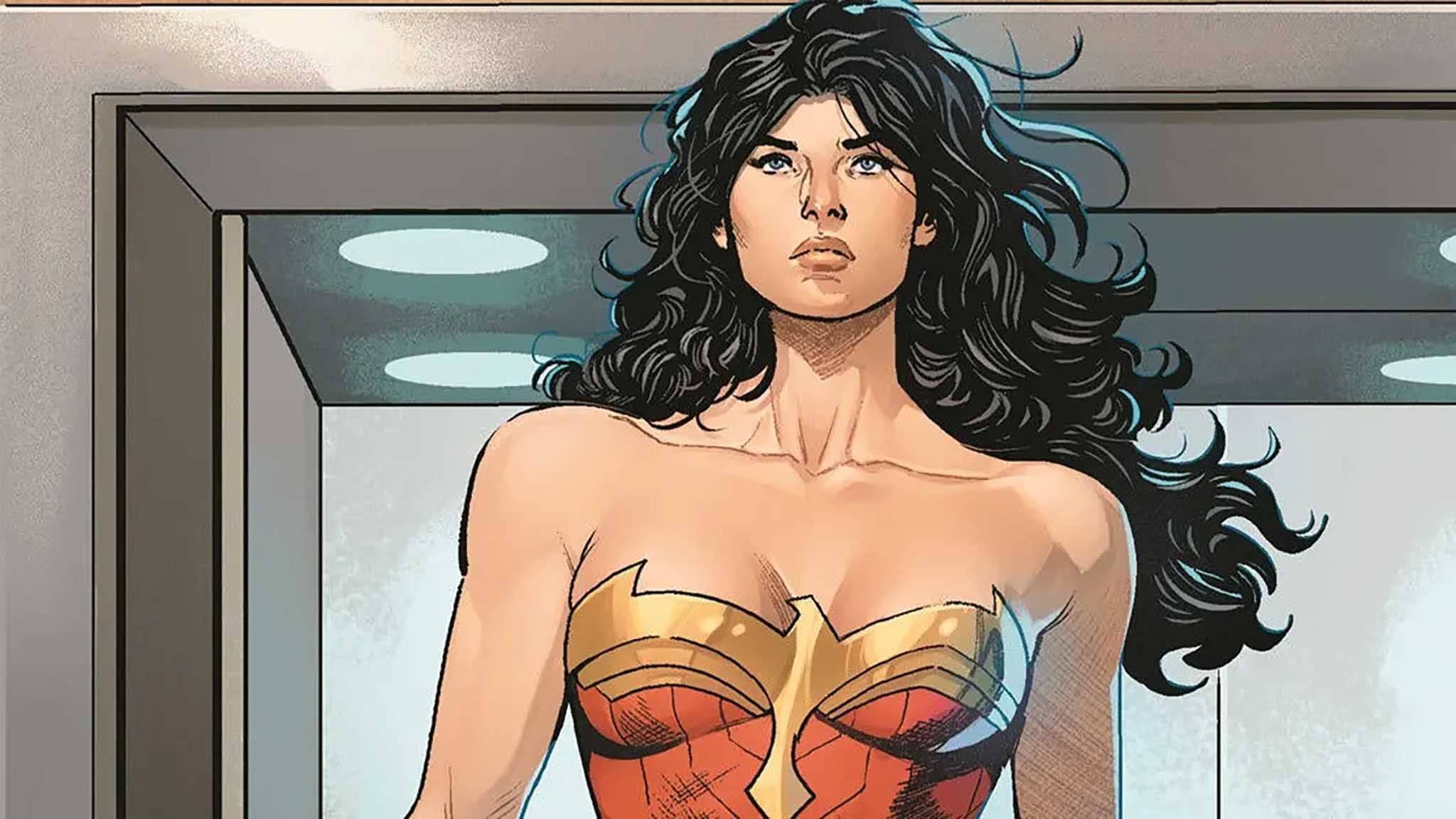
One potential rephrasing for your text could be:
The most challenging aspect of King’s Wonder Woman series lies in its repetition of themes that have been previously explored, albeit not too long ago. Nevertheless, there are intriguing aspects to King’s narrative. Some people dislike Wonder Woman because she is a woman, finding her strength and power threatening. In the story of The Sovereign, this misogyny stems from his personal history; his father, believing Henry (his real name) unfit to rule, broke tradition by choosing his sister Claire as the next king instead. This decision infuriated Henry so much that he murdered his father, seized the crown, and banished his sister — fostering a deep-seated hatred of women within him. Essentially, The Sovereign embodies the most extreme form of an incel (involuntary celibate).
This version aims to keep the original’s meaning while using simpler sentence structures and more straightforward language to make it easier for readers to understand.
The story might have been cleverly crafted if it weren’t for the fact that we’ve previously witnessed Wonder Woman confronting misogynistic antagonists, with the latest occurrence being in 2022 during Conrad and Cloonan’s run. In this tale, Wonder Woman faced increasing hostility from a group known as the Milk Men, who accused her of attacking the U.S., hating men, and not belonging in the Justice League. They were followers of “Milk X-tra,” a drink marketed to “real men,” which was promoted by Dr. Cizko, who had a manipulative replica of Wonder Woman, similar to a Stepford Wife. This narrative could be seen as a metaphor for both immigration and misogyny issues in society. However, with two similar stories happening so closely together, featuring anti-Amazonian sentiments and an intense dislike of Wonder Woman, it feels repetitive when there are potentially more compelling tales to explore.
Currently, we’re unsure about how long Greg Rucka’s tenure on “Wonder Woman” will continue or what he has in store for the character overall. The ongoing storyline involving the Sovereign ends in March, and it seems to primarily serve as an introduction for a new character – Wonder Woman’s daughter, Trinity. It’s possible that future story arcs may provide clarity and improve this narrative. However, at present, Rucka’s “Wonder Woman” falls short of expectations due to several reasons: underutilizing the main character, focusing on a less compelling villain, rehashing previously explored themes, and applying similar elements and tropes across his superhero stories. The character of Wonder Woman deserves a more engaging and fulfilling storyline.
Read More
- Gold Rate Forecast
- PI PREDICTION. PI cryptocurrency
- Rick and Morty Season 8: Release Date SHOCK!
- Discover Ryan Gosling & Emma Stone’s Hidden Movie Trilogy You Never Knew About!
- Mission: Impossible 8 Reveals Shocking Truth But Leaves Fans with Unanswered Questions!
- SteelSeries reveals new Arctis Nova 3 Wireless headset series for Xbox, PlayStation, Nintendo Switch, and PC
- Discover the New Psion Subclasses in D&D’s Latest Unearthed Arcana!
- Linkin Park Albums in Order: Full Tracklists and Secrets Revealed
- Masters Toronto 2025: Everything You Need to Know
- We Loved Both of These Classic Sci-Fi Films (But They’re Pretty Much the Same Movie)
2025-02-21 04:13